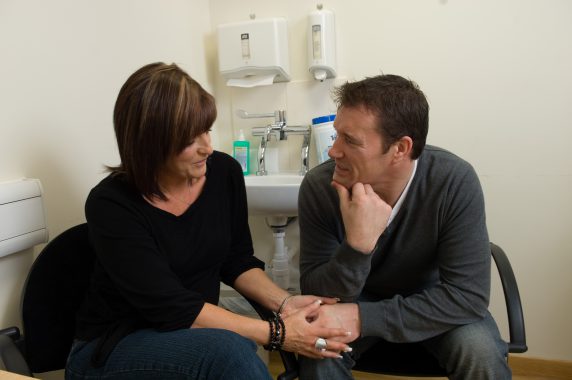Depression rates double in UK during pandemic

Rates of depression doubled in England during the Covid-19 crisis, data from the Office for National Statistics (ONS) show.
Almost one in five adults (19.2%) were likely to be experiencing a type of depression during the pandemic in June 2020.
However, this figure stood at one in ten (9.7%) between July 2019 and March of this year.
GPs said they has seen increasing numbers of patients presenting with depression and warned of a further ‘dramatic impact and rise of mental health issues’ as the NHS tackles the next phase of the pandemic.
During the course of the pandemic, one in eight adults (12.9%) developed moderate to severe depressive symptoms, while a further 6.2% of the population continued to experience this level of symptoms. Around one in 25 adults (3.5%) saw an improvement during this time.
Those most likely to be affected are people aged 16 to 39, women, those unable to afford an unexpected expense, or people who have a disability.
Feelings of stress or anxiety were the most common ways that adults affected by depression felt their wellbeing was affected during the pandemic, with 84.9% of people reporting this.
A total of 42.2% noted that their relationships were being affected, whereas just 20.7% of adults with no or mild depressive symptoms recorded this.
Dr Tim Cooper, a GP partner in Hampshire and clinical lead for mental health at NHS North Hampshire CCG, said: ‘Colleagues in general practice across the country will recognise the increasing number of presentations for all types of mental health issues, including depression, as a result of the pandemic.
He added: ‘Planning for the next phase of a Covid response should include planning for the dramatic impact and rise of mental health issues such as depression and this needs direct attention and funding.’
Dr Owen Carter, a GP partner in Wandsworth, London, said he had been seeing far more patients with severe depression during the pandemic.
He also warned further lockdowns in the coming months could lead to even more people with depression.
He told Pulse: ‘The effects of the pandemic on mental health have been huge. I’m seeing far more patients, particularly young men, who are having more complex severe depression than I’ve seen at any time in my career.
He said: ‘I’m also seeing far more psychotic depression, and patients at high risk of suicide. Although IAPT services have improved remote access to help support these patients, I’m having to refer far more to patients to the community mental health team as they are such high risk.
‘The impact of managing these patients at high risk in the community also has an impact on our own mental health as primary care clinicians.’
He added: ‘I would be concerned that these [rates] will be worse with stricter lockdowns over the coming months. Although this does have to be judged against the wider risks to public health due to worsening Covid rates.’
During the first peak of the pandemic GPs had been bracing themselves for an ‘imminent’ surge in mental health conditions among their patients.
By the end of the summer NHS England had called for GPs to work with mental health services to catch up on physical health checks for patients with severe mental illness.
Visit Pulse Reference for details on 140 symptoms, including easily searchable symptoms and categories, offering you a free platform to check symptoms and receive potential diagnoses during consultations.









